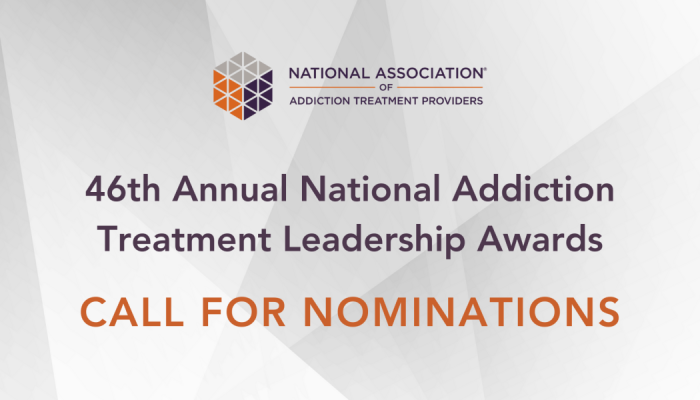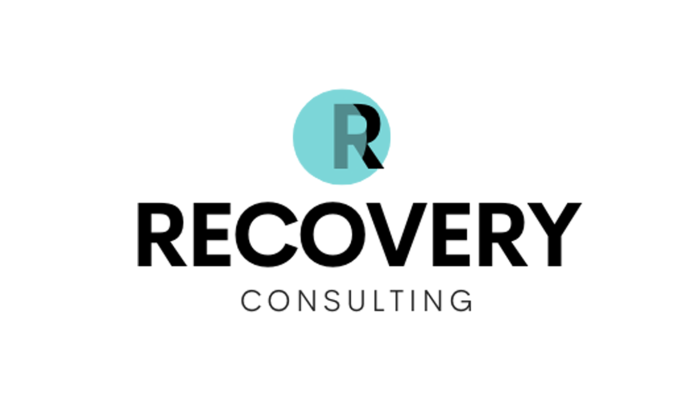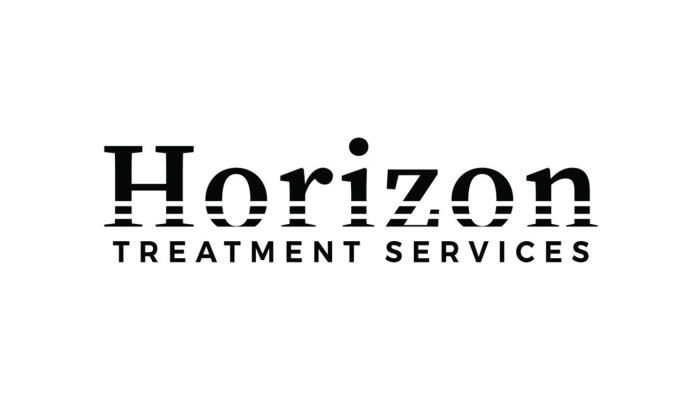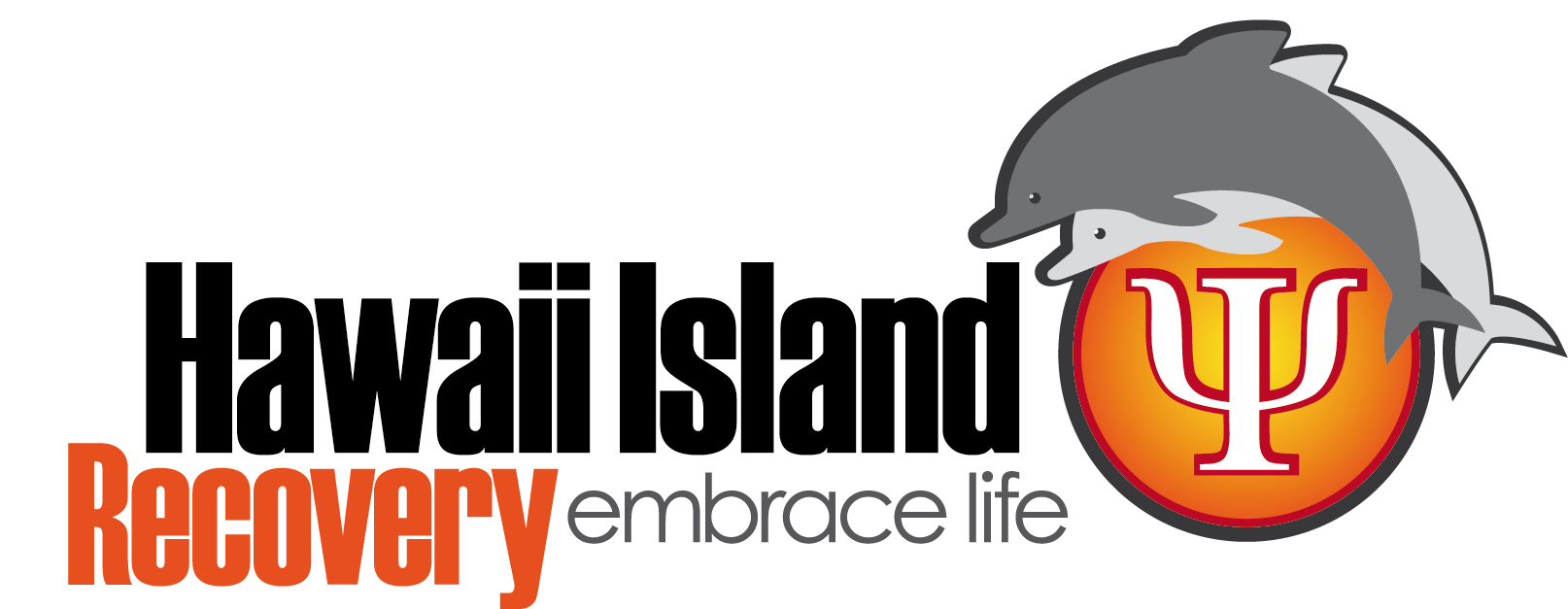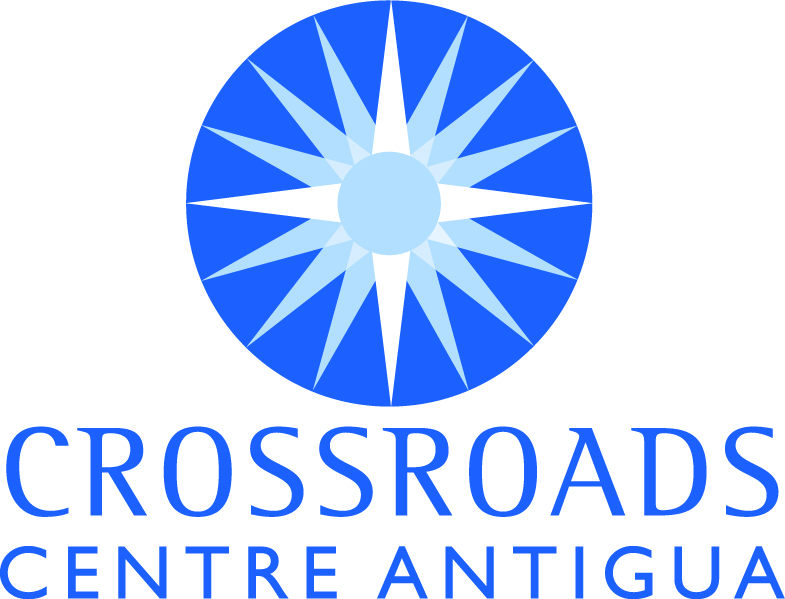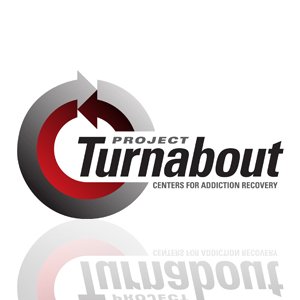Presentations at NAATP National 2019 will focus on our Quality Assurance Initiative — The QAI. Browse sessions below which include presentation descriptions, learning objectives, and presenter bios.
Join NAATP Conference Chair in the welcoming of attendees to NAATP National 2019. Following these greeting comments, NAATP Executive Director will set the stage for two days of conference programming and will report on the state of our association including implementing the core competencies of service.
Earlier this year, The OMNI Institute, in collaboration with The National Association of Addiction Treatment Providers (NAATP), released The Outcomes Measurement Toolkit and the Outcomes Pilot Program Final Report. This material is the product of NAATP’s three-year Outcomes Pilot Program (The OPP). The Outcomes Toolkit is designed to provide our members with a standardized, uniform, and... See more
As our country responds to the biggest addiction crisis in our history, it is imperative that our political leadership understand the issues at a deep level and work together as political parties and the branches of the government to produce good outcomes. This session addresses the political methods and challenges of accomplishing addiction health care law and public policy making.
During this session the Membership Development Officer and the Membership Committee Chair will identify and go through the NAATP Member Benefits and Services, highlighting new member benefits, along with providing a step-by-step guide for how to navigate our online NAATP, Member Only Access. This informative session will provide tools and resources helpful to both existing members and new members... See more
Appropriate admissions process and patient screening are critical components of quality, ethical, evidence-based treatment. Through a panel setting, this session will discuss best practices on appropriate screening prior to admission and throughout treatment, provide guidance in understanding whether a facility is capable of meeting patient needs, and identify resources to effectively screen for... See more
Billing practices in addiction treatment have changed rapidly in recent years. Changes in insurance regulation and a better understanding of addiction as a disease have increased access to insurance-based payment models. Some providers have responded by exploiting the system, billing unconscionable rates, and over-utilizing toxicology and treatment services, leading to restrictions on... See more
Addiction treatment has historically operated in the Minnesota Model, typically a 28-day intensive residential setting. As the field matures, the continuum of care has expanded to more effectively treat patients based on disease severity and placement in clinically-indicated levels of care. Despite this evolution, treatment has continued to focus on the acute disease stages and, in some cases,... See more
The primary function of outcomes data collection and analysis is organizational learning and improvement. As a healthcare field, it is critical that addiction treatment providers have metrics by which they can understand the value and efficacy of their services. These metrics serve as a tool to show that treatment works, justify access to and payment for treatment services, and as a means for... See more
Community engagement, public relations, and public policy are important areas of work for addiction treatment providers that enhance the field’s ability to treat individuals with substance use disorders. Public perceptions of addiction and treatment have shifted dramatically in recent decades, but unlike with other chronic health conditions, significant hurdles continue to restrict access to and... See more
Addiction treatment marketing practices have become a primary area of concern in recent years. Misleading marketing practices, regardless of intention, damage patients and undermine the credibility of the field at large. This session will focus on Ethical considerations in treatment marketing and discuss problematic and best practices for marketing healthcare services.
In preparation of Hill Day, this session will equip participants to have an effective meeting with their legislators. We will discuss what to expect and how to make NAATP’s message relevant to the District and State. Current legislation and policy will be reviewed, along with how to continue advocacy once attendees return home.
News & Updates
Search NAATP Treatment Providers

Locate addiction treatment providers and services that support addiction providers.
Members Making News
NAATP Treatment Providers
Get Email Updates
©2023 National Association of
Addiction Treatment Providers
PO Box 271686
Louisville, CO 80027
Phone: 888.574.1008
[email protected]
Web Hosting & Services by Skvare
Web Optimization by Webconsuls





